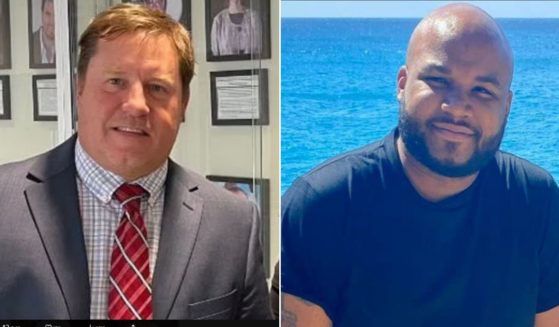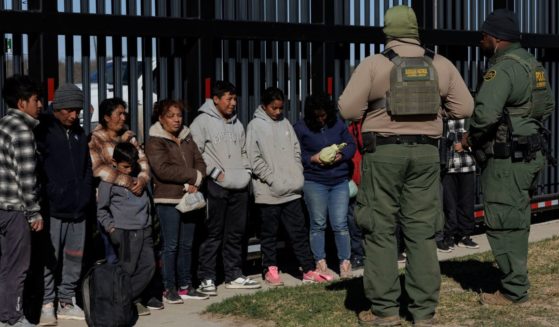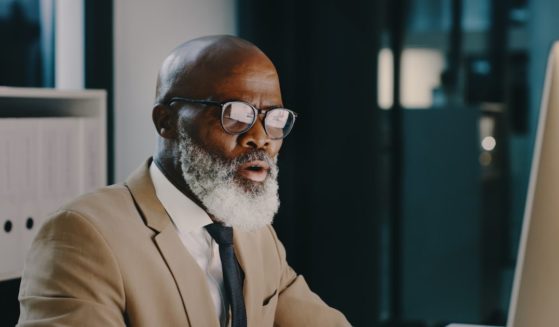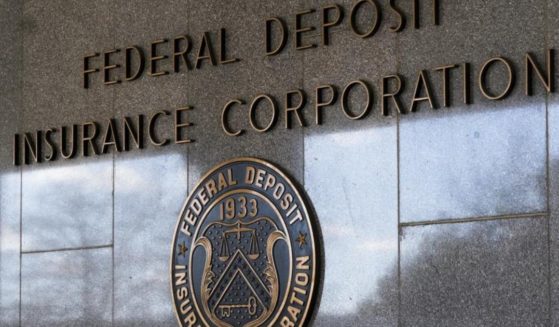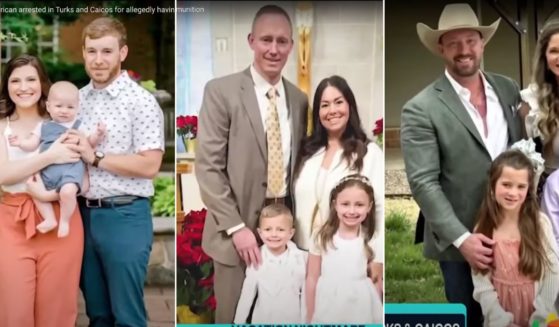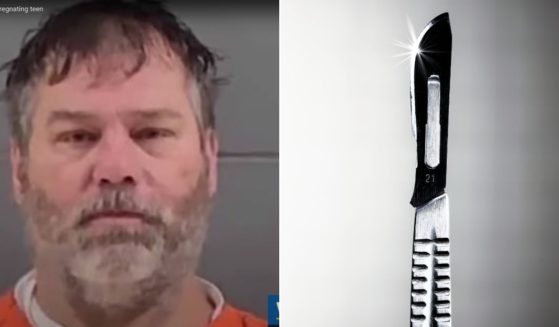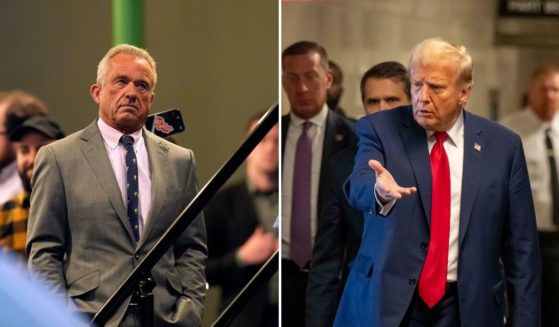
The Left Is Wrong: Here's Proof That Fatherlessness Is a Root Cause of Crime
An overwhelming preponderance of evidence has linked fatherlessness to a myriad of social ills in the U.S., including violent crime.
With this in mind, a left-wing organization such as Black Lives Matter, which promotes “disrupting the Western-prescribed nuclear family structure” as one of its “guiding principles,” qualifies as little more than a Marxism-infested terrorist group bent on destroying as many lives as possible.
In fact, statistics show such a strong correlation between two-parent households and children’s well-being that to diminish a father’s importance in the home amounts to an argument for widespread misery.
The data, of course, paints an ugly picture.
For instance, a December report from the Institute for Family Studies concluded that neighborhoods with a high percentage of traditional two-parent families experience less crime.
The report analyzed crime-related data from more than 600 U.S. cities.
“When it comes to violent crime and homicide, cities with high levels of single parenthood have 118% higher rates of violence and 255% higher rates of homicide,” the report stated.
IFS also took a close look at data from Chicago and saw those crime numbers reach astronomical levels.
“In Chicago, … tracts with high levels of single-parent-headed households face 137% higher total crime rates, 226% higher violent crime rates, and 436% higher homicide rates, compared to tracts with low levels of single parenthood.”
The overall conclusion was clear: “In general, in cities across America, and on the streets of Chicago, this report finds that public safety is greater in communities where the two-parent family is the dominant norm.”
The IFS study hardly constituted an outlier.
According to data gathered by the America First Policy Institute, fatherlessness predicts violent crime.
“Some data suggests 72 percent of adolescent murderers and 70 percent of long-term prison inmates come from fatherless homes,” AFPI reported.
Meanwhile, fatherless adolescents are up to 20 times more likely to be incarcerated and have a 279 percent greater chance of turning to drug dealing.
In addition, a study of 56 school shootings found that 46 of the shooters — or 82 percent — “grew up in either an unstable family environment or grew up without both biological parents together.”
All of this evidence leads to several further observations that amplify a father’s importance to his children.
First, boys desperately need fathers as role models.
On Jan. 7, Wall Street Journal columnist Jason Riley appeared on Fox News to discuss fatherlessness. Riley had written on the topic for the Journal in December.
“[Fathers] teach their sons how to behave, how to carry themselves, how to treat women, and that is what fathers have done throughout civilization,” Riley said.
Girls also need fathers for reasons everyone understands, especially boys.
Every boy who has ever walked into a girl’s home remembers the feeling of meeting her father. And every boy in that situation understood how to behave if he knew what was good for him.
Indeed, a 2014 study noted that “girls whose fathers left the home before they were five years old were eight times more likely to become pregnant as adolescents than girls from intact families.”
Of course, many single mothers do the best they can. Those statistics show, however, that the odds remain stacked against daughters without fathers in the home.
Second, even when it does not result in violence, fatherlessness often leads to catastrophic mental health.
For instance, a May issue brief from AFPI noted that 63 percent of all adolescent suicide victims grew up without fathers in the home.
Children from fatherless homes often find themselves “burdened with lower self-esteem than other children, and they do not understand why their fathers abandoned them,” the brief said.
One cannot know the extent to which that feeling of abandonment fuels the rage that leads to violent crime.
“The Fresh Prince of Bel Air,” a 1990s sitcom starring Will Smith, gave us one of the most heartbreaking scenes involving fatherlessness in all of television history.
After his father walks out on him yet again, the teenage Will turns to his uncle and acts nonchalant. As Will’s pain mounts, however, so does his rage.
Finally — no doubt thanks to his uncle’s calming presence — grief prevails over rage.
“How come he don’t want me, man?” the weeping teenager says before his uncle embraces him.
Finally, we face the question of why fatherlessness plagues America in particular.
According to the Pew Research Center, 23 percent of U.S. children live with “one parent and no other adults.” For comparison’s sake, that describes the living conditions of only 7 percent of children globally.
This presents us with a peculiar problem.
For instance, in 1879 the economist Henry George published an influential book called “Progress and Poverty.” George asked why, “in spite of the increase of productive power, wages tend to the minimum of a bare living.”
In other words, one would expect advances in labor to benefit laborers. But this did not happen, according to George, and it seemed to make no sense.
We might ask a similar question regarding American fatherlessness. In short, as we have grown more collectively prosperous, why have families become less stable?
A father in the home most certainly predicts more advantageous material conditions for his family. Why, then, do more advantageous material conditions across the board not predict more fathers in homes?
Whatever the case, the data confirms what we already know, and what the left has become reluctant to admit: Children need fathers.
Truth and Accuracy
We are committed to truth and accuracy in all of our journalism. Read our editorial standards.

